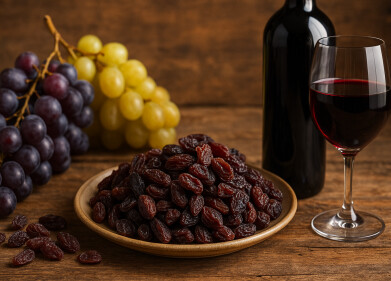News
Mini-livers show promise to reduce animal use in science
Apr 02 2014
Research that has for the first time successfully grown "mini-livers" from adult mouse stem cells has won the UK's international prize for the scientific and technological advance with the most potential to replace, reduce or refine the use of animals in science (the 3Rs).
Dr Meritxell Huch from Cambridge University's Gurdon Institute, who received the National Centre for the Replacement, Refinement and Reduction of Animals in Research (NC3Rs) 3RPrize at a ceremony in February, has developed a method that enables adult mouse stem cells to grow from small liver organoids into fully functioning three-dimensional liver tissue. When implanted back into mice with liver disease they continued to grow, ameliorating the disease and extending the survival of the mice.
"Typically a study to investigate one potential drug compound to treat one form of liver disease would require up to 50 live animals per experiment, so testing 1000 compounds would need 50,000 mice. By using the liver culture system I developed, we can test 1000 compounds using cells that come from only one mouse, resulting in a significant reduction in animal use,” said Dr Huch
Dr Vicky Robinson, Chief Executive of the NC3Rs said: "Growing functioning liver cells in culture has been the Holy Grail for liver biologists for many years, so a limitless supply of hepatocytes could have a huge 3Rs impact both on basic research to understand liver disease and for the screening and safety testing of pharmaceuticals. Researchers need to utilise this alternative technology as soon as possible to ensure the benefits to animals and human health are fully realised."
Digital Edition
Lab Asia Dec 2025
December 2025
Chromatography Articles- Cutting-edge sample preparation tools help laboratories to stay ahead of the curveMass Spectrometry & Spectroscopy Articles- Unlocking the complexity of metabolomics: Pushi...
View all digital editions
Events
Jan 21 2026 Tokyo, Japan
Jan 28 2026 Tokyo, Japan
Jan 29 2026 New Delhi, India
Feb 07 2026 Boston, MA, USA
Asia Pharma Expo/Asia Lab Expo
Feb 12 2026 Dhaka, Bangladesh



















